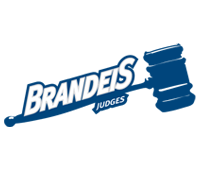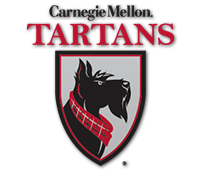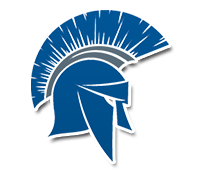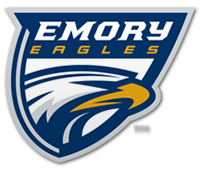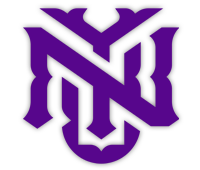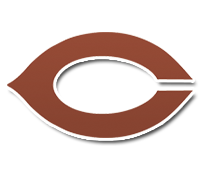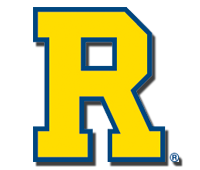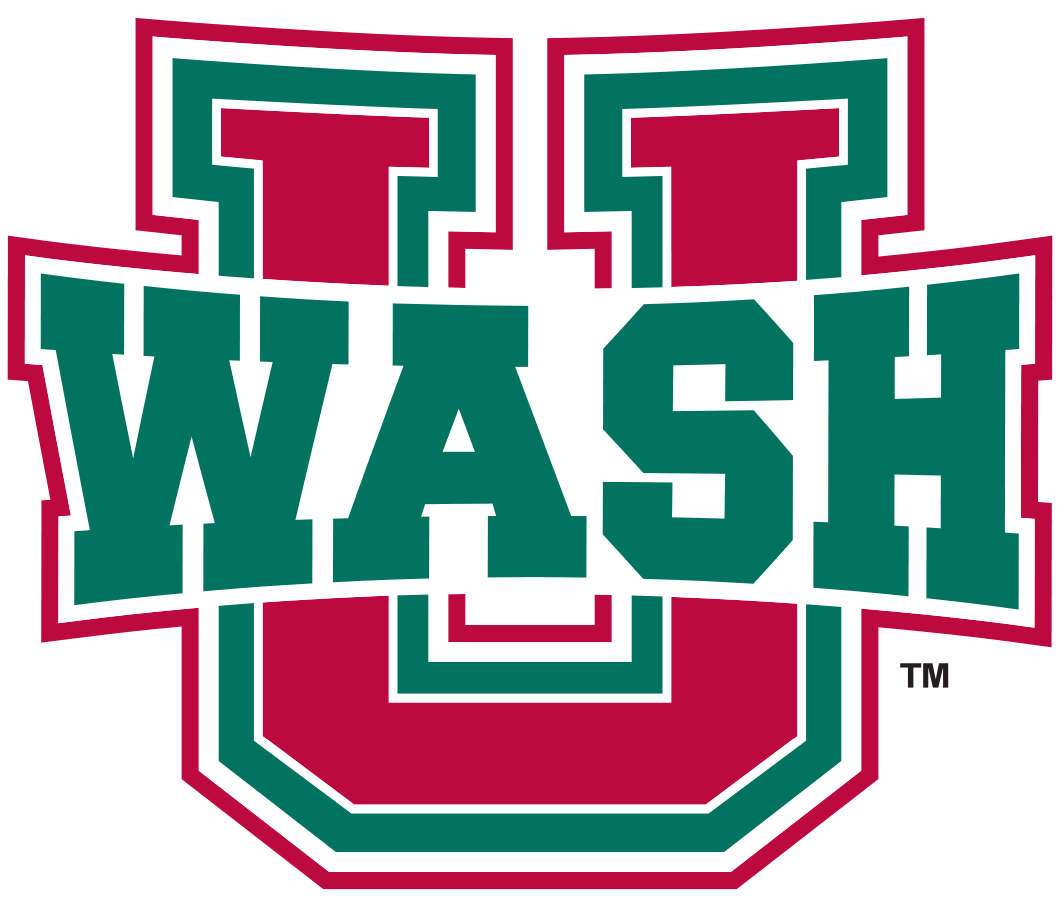
Senior Austin Darmawan of Washington University and junior Daniel Watson of Case Western Reserve University ended up on the same team this summer, working in the research laboratory of Washington U associate professor Brent Williams.
Williams' work focuses on the natural and anthropogenic emissions of gases and particles in the atmosphere with a specific emphasis on the chemical composition and reaction pathways of organic material.
Chemical engineering majors at their respective universities, Darmawan and Watson are both coming off outstanding baseball seasons.
Darmawan, who shared UAA Player of the Year honors with teammate Ben Browdy and also earned UAA All-Tournament recognition, batted .396 with a team-high 62 runs scored while starting all 51 games at shortstop. He ranked second in NCAA Division III with 90 hits, led the Bears with 31 stolen bases, and earned UAA Presidents Council Scholar-Athlete honors.
Watson joined Darmawan on the first team All-Association squad after pacing the Spartans with a .359 batting average. He led the Spartans with a .542 slugging percentage, 23 stolen bases, 24 walks, and shared the team lead with four home runs and 26 runs batted in.
They ended up working in Williams' Atmospheric Chemistry & Technology (ACT) lab through very different routes.
"I knew I wanted to do something academic," said Watson, who lives in St. Louis when not at school. "I was talking to my mother, who teaches nutrition to elementary school students. One of the students' fathers does research at Wash U and his wife said to my mother, 'I hear your son is in chemical engineering' and mentioned the possibility of doing research in a lab there for the summer. My mother didn't even bring this up until we had talked about a lot of other things and said she didn't know if I would be interested. Of course I was interested!"

"I spoke with Professor Williams on the phone and he mentioned there was someone I may have played against named Austin," Watson recalled. "Since I usually DH, I sit with the pitchers and hear them talk about other players. 'That kid is good' is what I remember them saying about Austin. I definitely knew who (Williams) was talking about."
Meanwhile Darmawan had taken a class from Williams and enjoyed it so much that when information on engineering fellowships became available in March, he asked the professor if he could work for him.
Although the two worked together on whatever projects the graduate students were working on and helped rebuild instruments, their main function in the lab was not surprisingly quite different. "Chemical engineering is quite broad and crosses over into various engineering fields," Darmawan stated. "In fact, mechanical engineering and chemical engineering have a lot of similar dynamics. With a chemical engineering degree, you can go into a lot of different career paths. The program is so broad at Wash U."
Watson remembers the first day he walked into the lab and recognized a former classmate of his from St. Louis Priory School, a small private boys' high school. "There were six undergrads in the lab and I knew two of the others," he stated. "I mainly worked the TDMA (Tandem Differential Mobility Analyzer), looking at how particles will change in size when exposed to a really hot and humid environment. I studied two common commercial pesticides to compare their volatility and hygroscopicity."
Darmawan's main research was analyzing wind patterns in the St. Louis area for a proposed study planned for 2018. "I wrote a program to compare wind patterns for different months. The tool visualizes the wind patterns so the study can determine how biogenic (natural) emissions from forests and farmland will mix with anthropogenic (man made) emissions from cities and how they interact. They need to know what they can expect the winds to be doing in certain months."

Both Darmawan and Watson were convinced they made the correct decision in working in the research lab and taking the summer off from baseball competition. "It was a great season, but long and grueling also," Darmawan said. "I struggled with a hamstring injury off and on so my body needed the rest," Watson commented. The two did join 6-8 other players from various levels to throw on Wednesdays and they would do some hitting on the weekends.
The previous summer, they both played baseball, but with a major difference in the competition level. Darmawan played in an adult men's league that was not ultra-competitive, while Watson joined CWRU teammates Tony Damiano and Eric Eldred in playing a full season in the Great Lakes Summer Collegiate League. "One of my favorite memories was playing in front of about 1,100 people and hitting a home run," Watson said. "It was everything that you play and practice for."
Watson hopes to play again next summer in addition to finding another research position if he can do both. "If there is more I want to accomplish at the Wash U lab, I could still go there," he said. "I may also look for a similar research position in terms of what I can do, but with a different focus. Ultimately, I definitely want to go to graduate school and get my PhD. I know I want to do some research of some sort, but plan to use the next couple of years to determine whether that will be in atmospheric chemistry, which I have been interested in for a long time, or energy harvesting."
Darmawan, who is planning to stay at Washington for a fifth year to earn his Masters of Engineering degree, will begin his search for an internship that may lead to a job after graduation. "There are so many great courses that I still want to take that staying for the fifth year and getting my masters has always been my plan," he stated. "We have career fairs in the fall and it is a great opportunity to get an idea of what companies are about and what kind of internships they will have to offer, even if they don't start taking applications until the spring." He also hopes to refine his interests when he takes elective courses in his fifth year and likely move to the West Coast to begin his career.
In addition to a rigorous academic schedule and seeking internships for next summer, Darmawan and Watson have plenty of baseball to play and both are excited to play for teams who received at-large bids to the NCAA Division III Baseball Championship last season.
With the Bears and Spartans both eyeing a trip to the NCAA Division III World Series, a major change takes place this season. For the first time in UAA history, the Association champion will be determined in round robin play rather than at an early-season tournament in Florida.
"I am a big fan of playing teams four times," Darmawan said. "We usually only play each team once or twice. It will be interesting to see teams over four games." He also likes the idea of playing all UAA games on weekends. "Now we know what to expect during the week. Our time will be more structured and hopefully more manageable."
"It is always fun to play teams that care. You may find better teams, but the UAA teams are the hardest working teams," Watson said. "The work ethic stands out. I am really excited about the traveling part of the UAA schedule. I love playing away even more than playing at home. Playing in front of someone else's crowd brings out more in me."
The first round robin series in Association history will feature CWRU at Emory the weekend of Mar. 24-26 and Watson is already excited. "It was the most fun playing Emory at night," he recalled. "That was a great atmosphere last season." It will be a return to Atlanta for Watson, who played summer ball there in between his junior and senior seasons in high school.
Darmawan and Watson are set to meet again, this time on the playing field, when the Bears and Spartans meet in Cleveland in mid-April.


